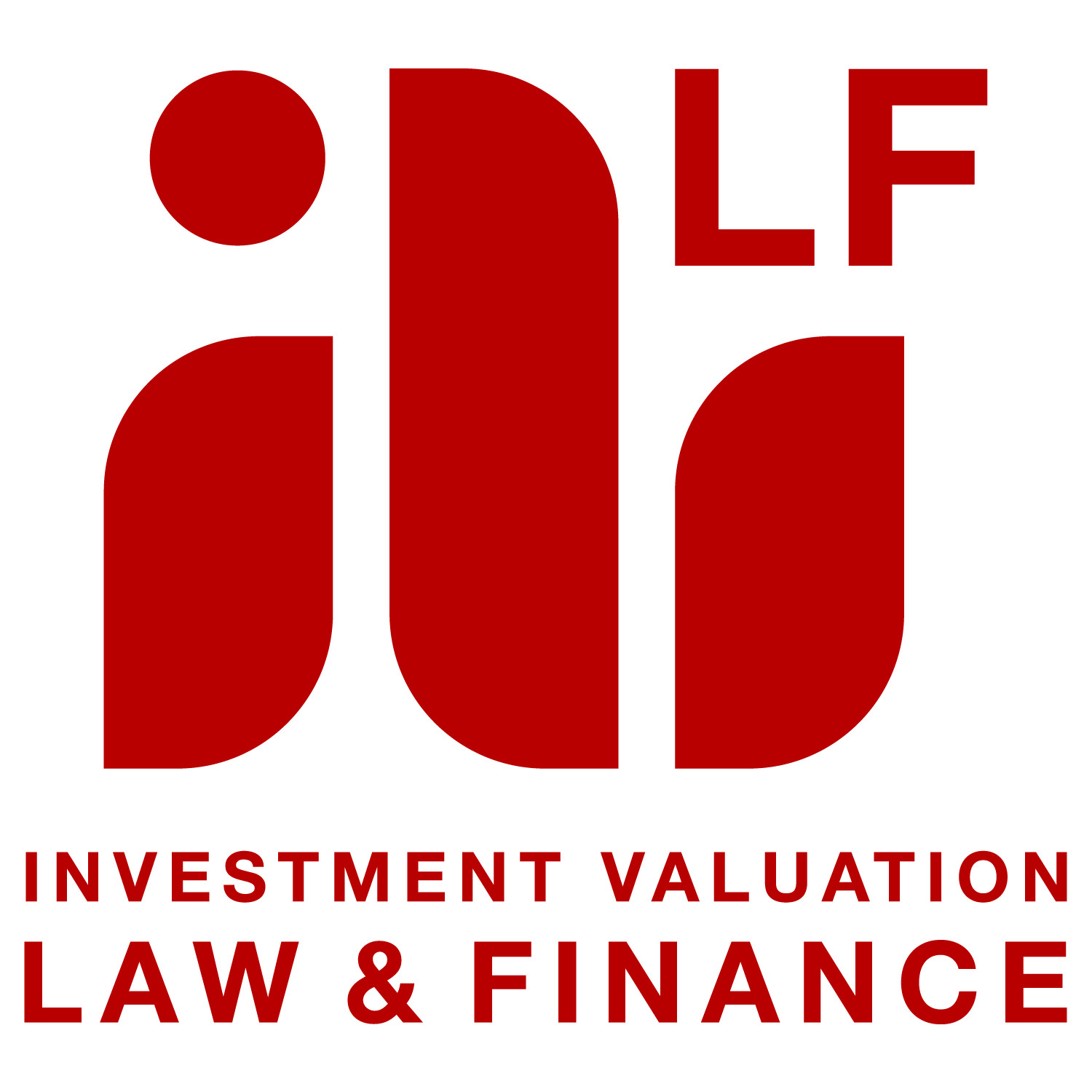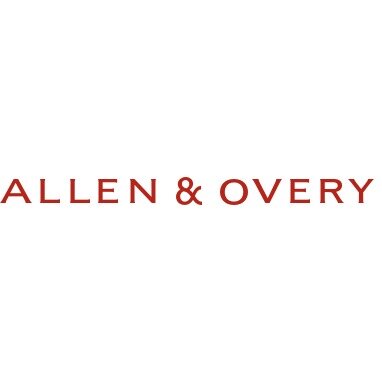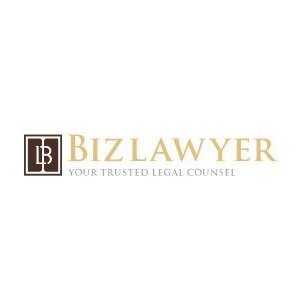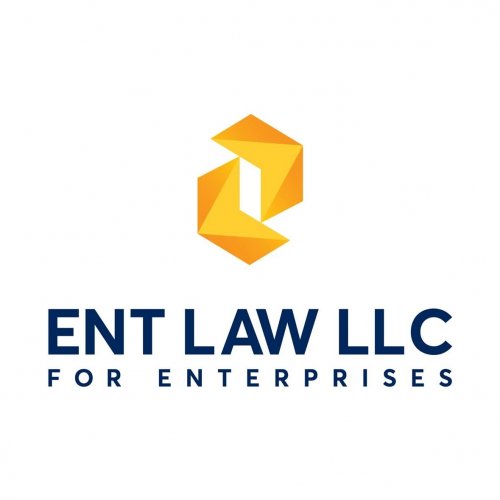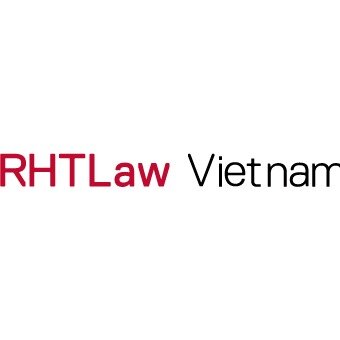Best Equity Capital Markets Lawyers in Hanoi
Share your needs with us, get contacted by law firms.
Free. Takes 2 min.
List of the best lawyers in Hanoi, Vietnam
About Equity Capital Markets Law in Hanoi, Vietnam
Equity Capital Markets (ECM) refer to the area of financial law that deals with the raising of capital through the issuance of shares or other equity instruments. In Hanoi, Vietnam, ECM involves advising on transactions such as initial public offerings (IPOs), rights issues, private placements, secondary offerings, and related regulatory matters. This sector is heavily regulated to protect investors, promote transparency, and ensure the proper functioning of the Vietnamese capital markets.
Hanoi, as the political and business hub of Vietnam, hosts numerous domestic and international corporations seeking to raise capital through equity offerings. Local laws and the oversight of regulatory authorities play a significant role in shaping the ECM sector, affecting everything from corporate governance to disclosure obligations and foreign investment limits.
Why You May Need a Lawyer
Engaging in ECM transactions in Hanoi comes with complex legal and regulatory requirements. Here are some common situations when legal help is crucial:
- Planning or conducting an IPO for your company
- Raising additional capital through rights issues or private placements
- Complying with listing requirements on the Hanoi Stock Exchange (HNX) or Ho Chi Minh City Stock Exchange (HOSE)
- Navigating cross-border equity offerings and investments
- Understanding foreign ownership restrictions and compliance
- Drafting and reviewing prospectuses, offering circulars, and other disclosure documents
- Structuring deals in accordance with local and international securities laws
- Handling disputes or regulatory investigations related to securities transactions
- Ensuring corporate governance and shareholders’ rights are protected
- Advising on mergers, acquisitions, and restructurings that involve equity transactions
A specialized ECM lawyer can guide you through every stage of these complex processes and help you avoid costly legal pitfalls.
Local Laws Overview
Vietnam’s ECM is governed by a framework of local laws and regulations that are constantly evolving. Key legal aspects include:
- The Law on Securities (amended in 2019): Sets out the legislative foundation for public offerings, listing requirements, disclosure obligations, and securities market operations.
- The Law on Enterprises (2020): Provides corporate governance rules relevant to ECM transactions.
- HNX and HOSE Listing Rules: Prescribe specific requirements for listing and continued compliance.
- Regulations on foreign ownership: Certain business sectors are subject to caps on foreign equity investment.
- Disclosure and Reporting Requirements: Companies must provide timely, accurate disclosures to regulators and the public before and after an offering.
- Anti-money laundering and know-your-customer (KYC) rules: Applied rigorously in ECM transactions.
- Approval and Licensing: Offerings, especially IPOs, require approval from the State Securities Commission of Vietnam (SSC).
In addition to national laws, international investors must consider bilateral and international treaties governing foreign investment and trading.
Frequently Asked Questions
What is an Equity Capital Market transaction?
An ECM transaction involves raising funds by issuing shares or related securities, often through public offerings or private placements.
Can foreign investors participate in Vietnam's ECM?
Yes, but some sectors have foreign ownership limits and investors must comply with local regulations and disclosure requirements.
What are the main regulatory bodies?
The State Securities Commission of Vietnam (SSC), the Hanoi Stock Exchange (HNX), and the Ho Chi Minh City Stock Exchange (HOSE).
Is legal due diligence required for ECM transactions?
Yes, due diligence is a critical step to identify any legal risks associated with the issuance and the company’s operations.
What documents are needed for an IPO?
Key documents include a prospectus, financial statements, legal opinions, board resolutions, and regulatory approvals, among others.
What are the penalties for non-compliance?
Penalties can include fines, suspension of trading, delisting, or even criminal charges for serious violations.
How long does it take to complete an IPO in Vietnam?
An IPO can take from several months to over a year, depending on the company's readiness and the regulatory process.
What is the role of the State Securities Commission of Vietnam?
The SSC supervises securities markets, approves public offerings, enforces compliance, and protects investors.
How is investor protection ensured?
Vietnamese laws require accurate disclosure and fair treatment of investors. Regulatory bodies monitor market practices to prevent fraud and insider trading.
Do I need a local partner as a foreign investor?
Not always, but in certain sectors with foreign ownership restrictions, having a local partner may be necessary for compliance.
Additional Resources
If you need more information or specialized guidance, the following resources may be helpful:
- State Securities Commission of Vietnam (SSC) - the main market regulator
- Hanoi Stock Exchange (HNX) - oversees listings and trading in Hanoi
- Vietnam Chamber of Commerce and Industry (VCCI) - supports business compliance and legal advice
- Legal Aid Centers in Hanoi - provide support and initial legal guidance
- Reputable law firms specializing in capital markets law
Next Steps
If you are considering an ECM transaction or require legal advice in Hanoi, Vietnam, here is how you can proceed:
- Assess your needs and the scope of the ECM transaction
- Collect key documents, such as corporate charters, financial statements, and business plans
- Consult with an experienced ECM lawyer or law firm specialized in Vietnamese capital markets
- Discuss your goals, challenges, and any foreign investment considerations
- Ensure your legal counsel helps you comply with regulations and manages any necessary filings with SSC, HNX, or HOSE
- Once legal and regulatory requirements are clear, proceed with the transaction in close coordination with your legal and financial advisors
- Maintain regular communication with regulators and stakeholders for transparency and compliance
Starting early and working with knowledgeable legal professionals can help you navigate the complex ECM landscape in Hanoi and achieve your business objectives safely and efficiently.
Lawzana helps you find the best lawyers and law firms in Hanoi through a curated and pre-screened list of qualified legal professionals. Our platform offers rankings and detailed profiles of attorneys and law firms, allowing you to compare based on practice areas, including Equity Capital Markets, experience, and client feedback.
Each profile includes a description of the firm's areas of practice, client reviews, team members and partners, year of establishment, spoken languages, office locations, contact information, social media presence, and any published articles or resources. Most firms on our platform speak English and are experienced in both local and international legal matters.
Get a quote from top-rated law firms in Hanoi, Vietnam — quickly, securely, and without unnecessary hassle.
Disclaimer:
The information provided on this page is for general informational purposes only and does not constitute legal advice. While we strive to ensure the accuracy and relevance of the content, legal information may change over time, and interpretations of the law can vary. You should always consult with a qualified legal professional for advice specific to your situation.
We disclaim all liability for actions taken or not taken based on the content of this page. If you believe any information is incorrect or outdated, please contact us, and we will review and update it where appropriate.





